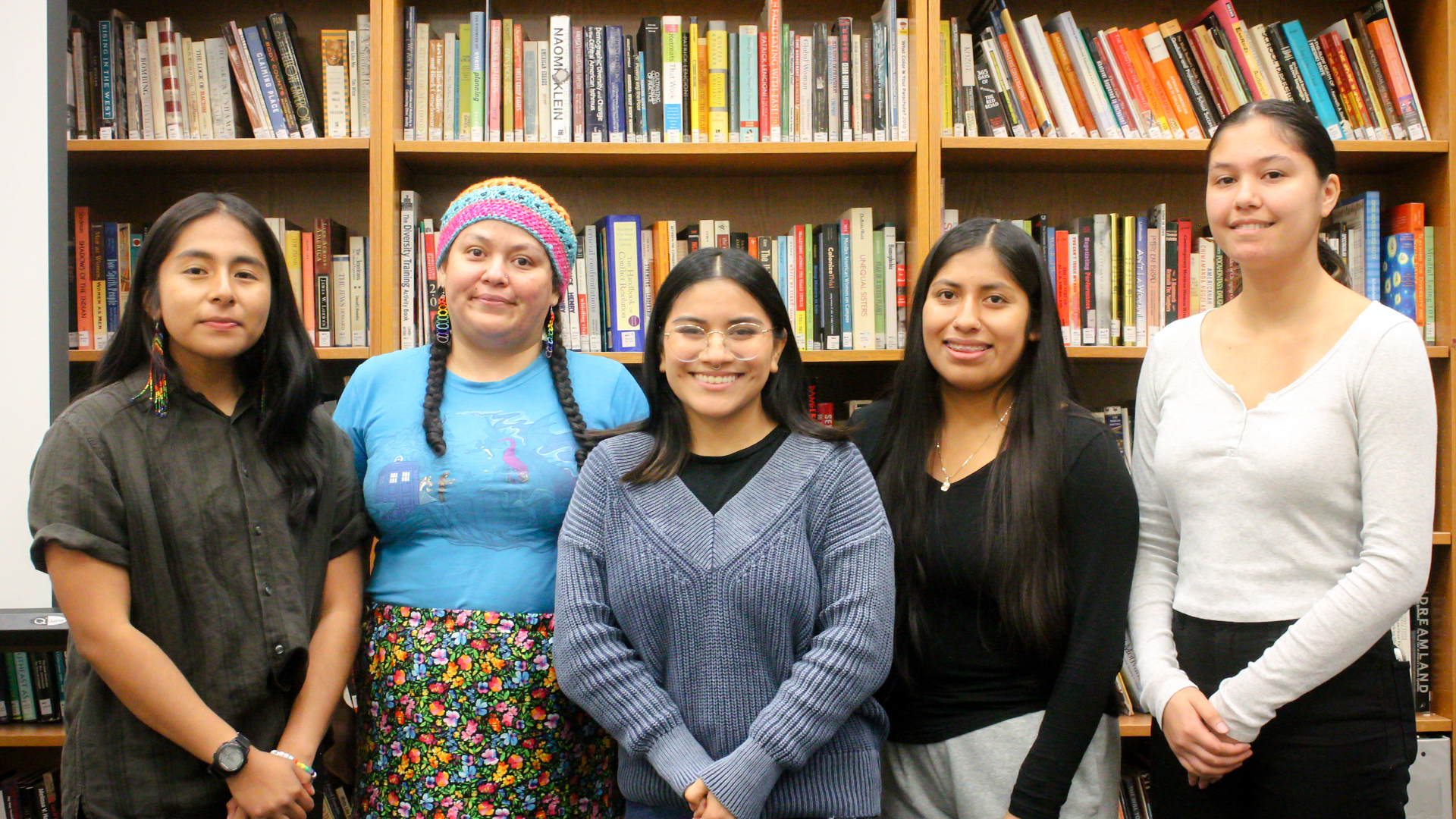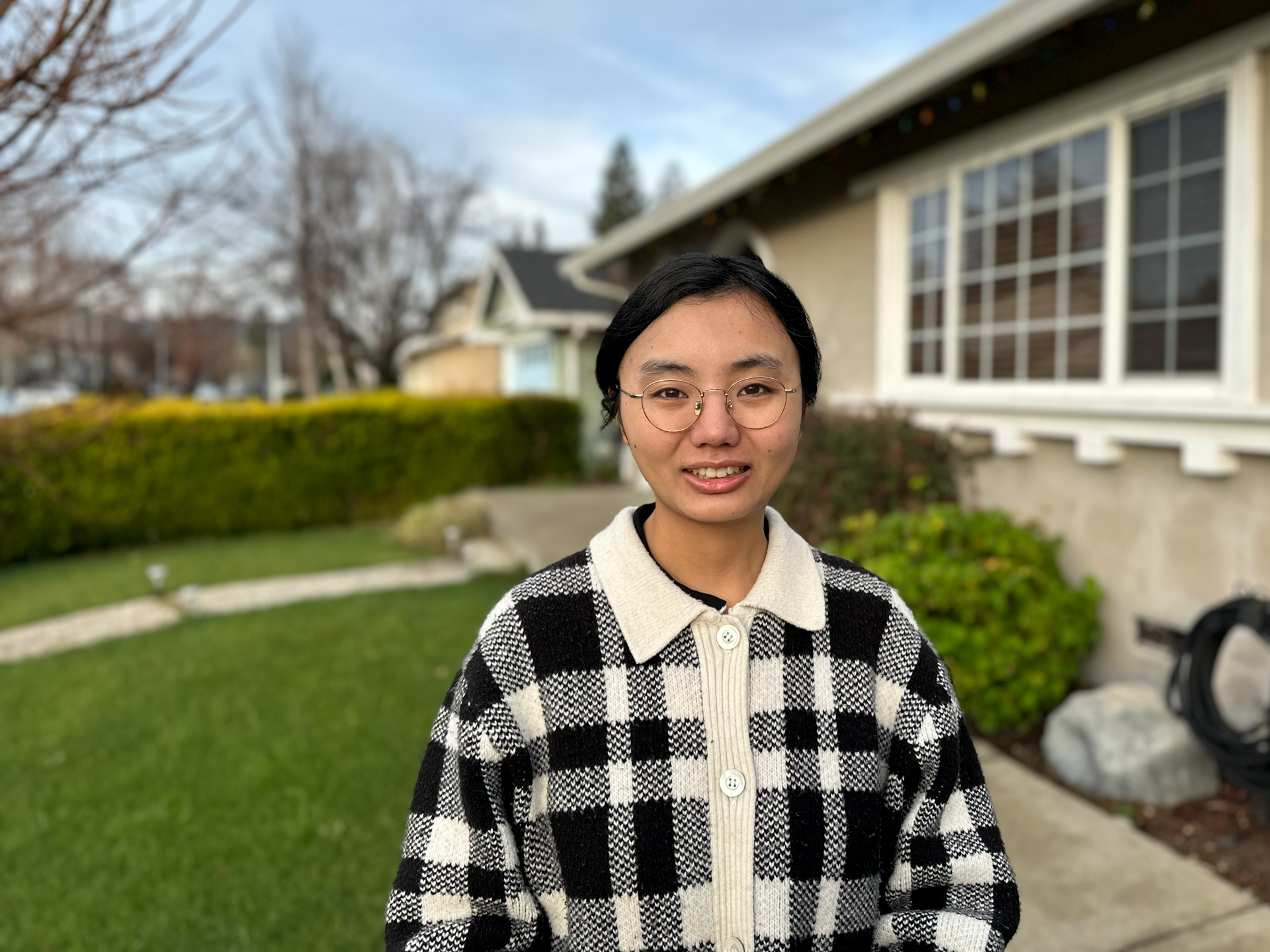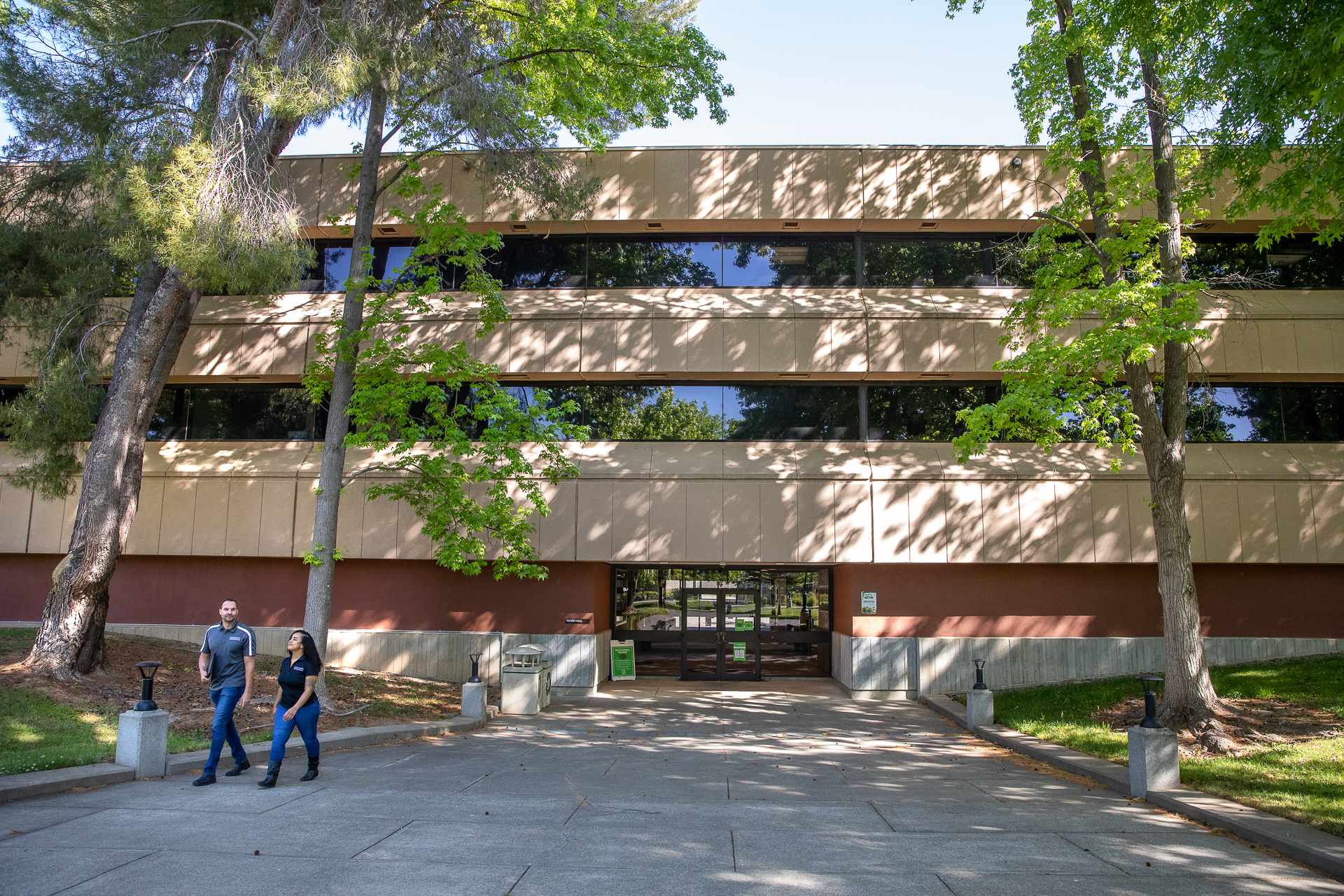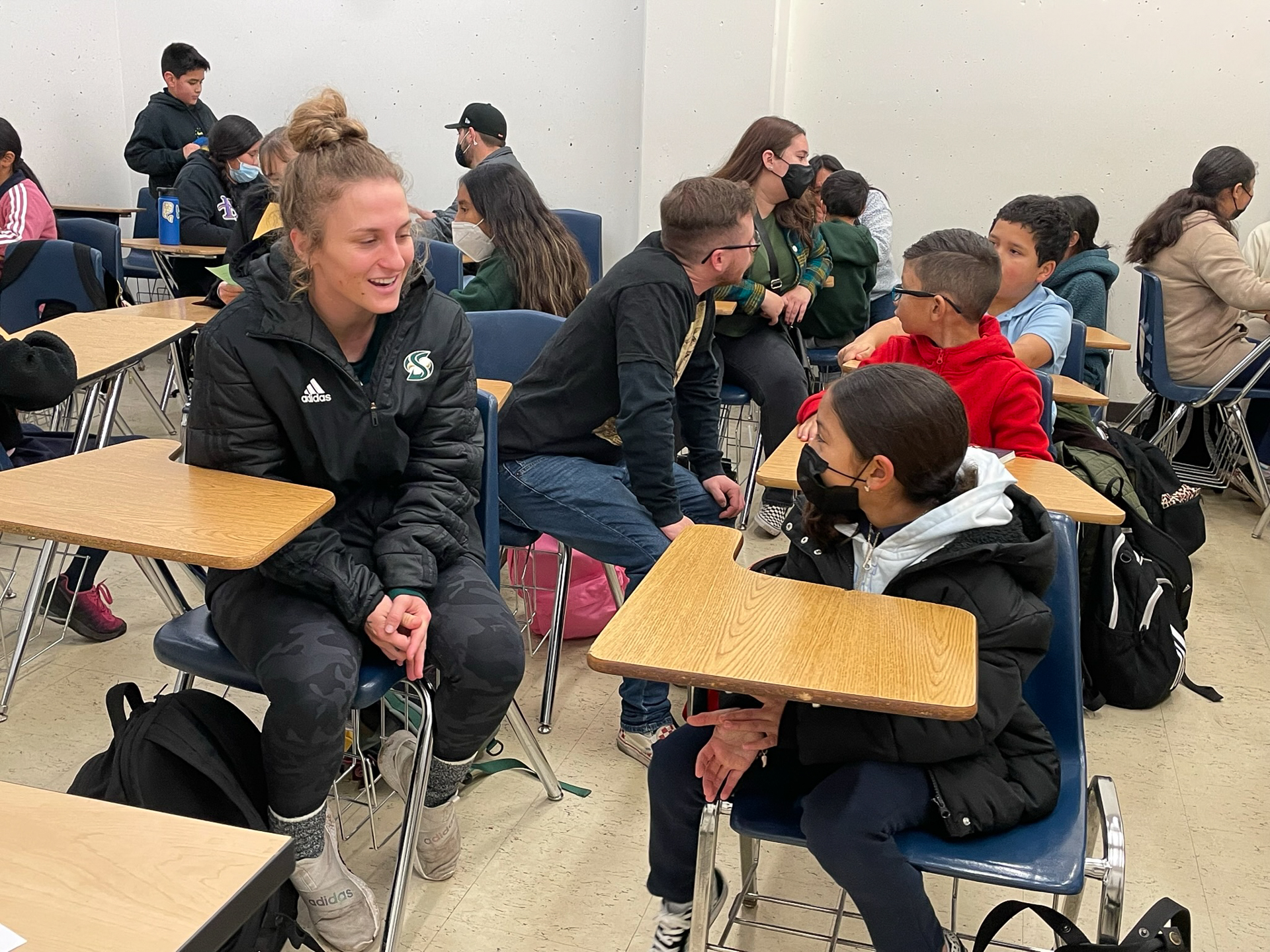Story Content
Social issues find a community-wide forum in ‘Building Justice’ podcast

January 18, 2023
A podcast by the Center on Race, Immigration and Social Justice (CRISJ) at Sacramento State is putting the spotlight on faculty, students, and regional partners who are working to change the community for the better.
Launched in November 2021, “Building Justice” explores issues from student homelessness to women’s reproductive and LGBTQ rights. The podcast’s 28 episodes also include conversations with non-traditional students who started college later in life, another student who spent time in the California prison system, and faculty and civic leaders.
Monicka Tutschka, a Political Science professor and CRISJ member, started the podcast to bring attention to the social justice work happening at the University and in the community.
“This campus can be alienating because of how big it is, and there's need for intimate personal conversation,” Tutschka said. “A lot of students, faculty, and community partners are doing social justice work.
“How do we capture these sorts of social issues and push for constructive change?” Tutschka asked. “We wanted to create a venue that gives one or two people some real time to talk about what they care about in a more relaxed, colloquial way.”
A podcast – with its conversational tone and ability to let listeners multitask – seemed the perfect platform, especially in 2021 when, because of pandemic considerations, students and faculty were still Zooming through classes.
“I think the more we give space to people to share their stories and connect with other people who may be going through similar experiences, the better." -- Danielle Slakoff, Criminal Justice professor
A podcast committee of faculty, students, and regional partners developed a code of ethics to guide presenters and guests.
“We don’t want to be a fake news operation,” Tutschka said. “We wanted to make sure that folks are guided by the principles of accuracy and do no harm, while also promoting positive change.”
The committee kept podcast requirements to a minimum to be as inclusive as possible, Criminal Justice Professor Danielle Slakoff said.
Most podcast requests are approved as long as the topic is within the CRISJ mission to address issues of inequity and social justice, empower marginalized individuals, and create a diverse culture on campus and in the Sacramento community.
“A lot of podcasts are really research focused, but lived experiences are incredibly important to what we’re doing,” Slakoff said. “We wanted it to be open so people could have conversations that felt natural to them based on their own lived experiences and research. … We wanted to give people a lot of freedom to create their own podcast episodes.”
Students are involved in the podcast behind the scenes and on air. Senior Elizabeth Meza, a Political Science and Journalism major and the center’s social media intern, appeared as a guest on an episode featuring Indigenous student voices.
“I love the fact that it’s open to anything that has to do with social justice or race or immigration,” said Meza.
“I didn’t know the students personally before we recorded that episode, so hearing about their experiences and how similar it was to mine was really nice. It felt like I wasn’t alone in navigating higher education as a first-generation student, especially because my mom is indigenous to Guatemala.”
The podcast committee chose a simple method for recording and editing episodes so technology wouldn’t be a barrier. Most episodes are recorded through Zoom, but anyone with a phone can make a podcast.
“It’s so accessible, we could do it with a device we already had,” Meza said. “It was more like we got together in a room at the library, and the moderator got her phone out and recorded our conversation using voice memo.”
The easy accessibility encouraged alumna Brenda-Joyce Newman to step in front of the microphone and talk about the Poor People’s Campaign of Sacramento.
“I’m the kind of person who likes to work in the background,” Newman said. “I didn’t like the way I spoke, and I didn’t feel like I answered the questions.”
Gradually, Newman became more comfortable with the platform and volunteered to interview Zuri K. Colbert, founder of the Community Lead Advocacy Program, about the struggle to meet basic needs in underserved Black communities.
“ ‘Building Justice’ is an important podcast,” Newman said. “It’s one of the ways you can get the unadulterated presence of narratives out there. We know that, historically, certain groups have not been represented. They’ve been invisible or their history is distorted.
“Podcasts allow for their experiences to be expressed authentically, and because of the digital age, we can reach people globally.”
With nearly two seasons under their belt, creators are proud of “Building Justice.”
“The podcast is an amazing space,” Slakoff said.
“I think the more we give space to people to share their stories and connect with other people who may be going through similar experiences, the better. It’s important for the University to hear these conversations and hear these stories.”
“Building Justice” is available on Spotify, Apple Podcasts, Podomatic, iHeartRadio, Google Podcast, and more.
Media Resources
Faculty/Staff Resources
Looking for a Faculty Expert?
Contact University Communications
(916) 217-8366
communications@csus.edu


